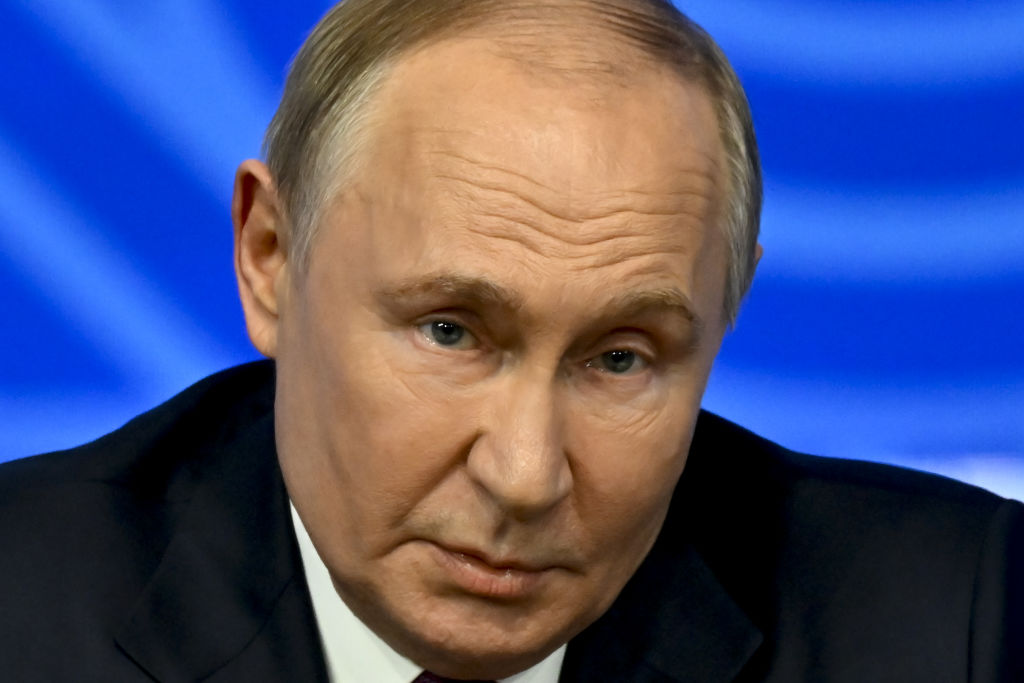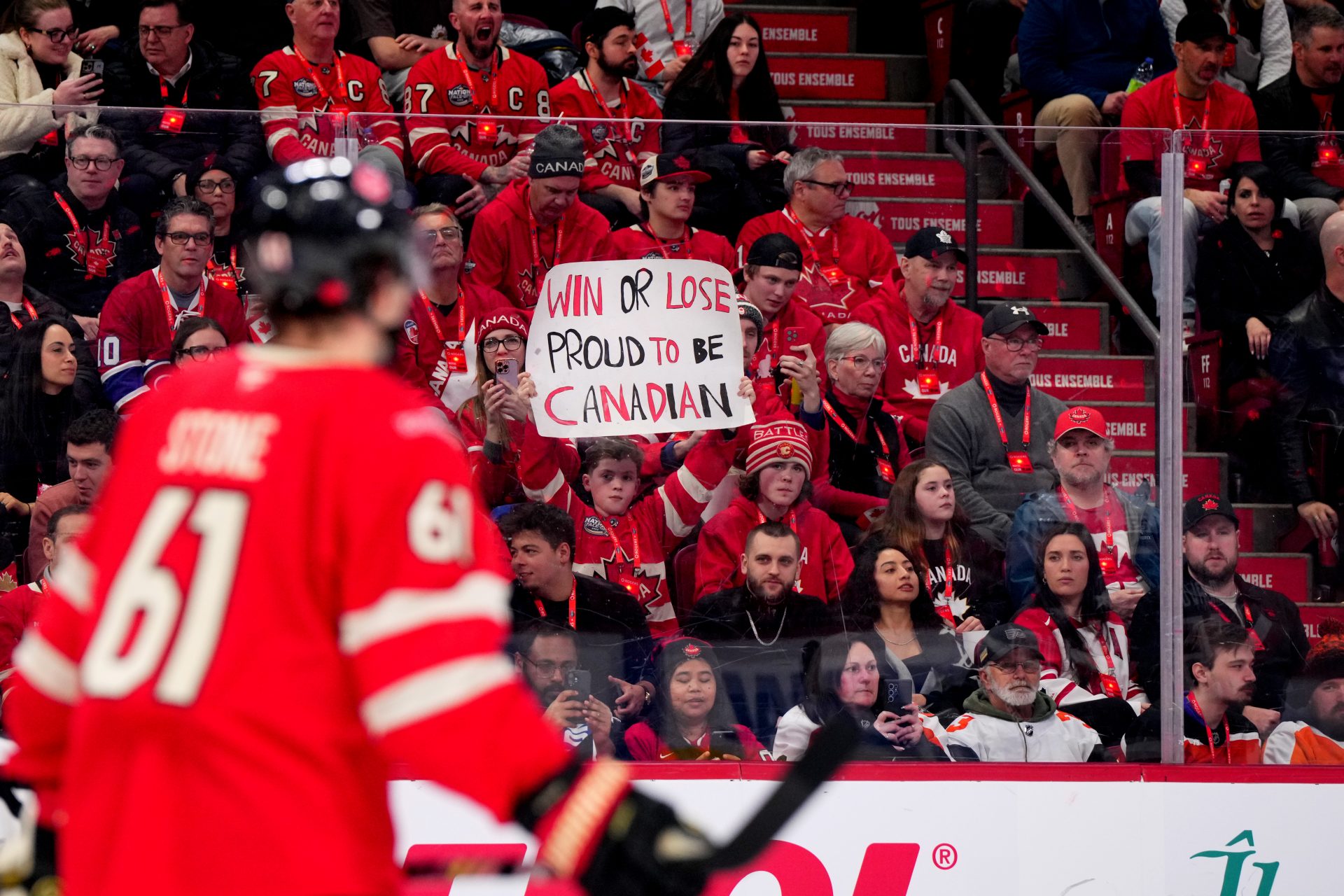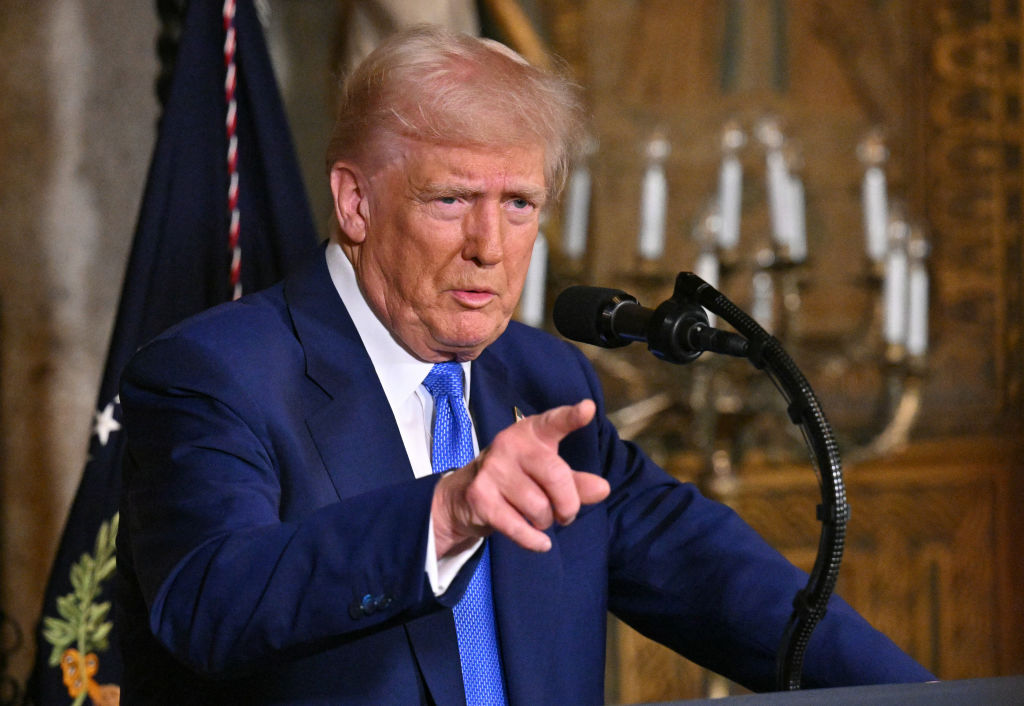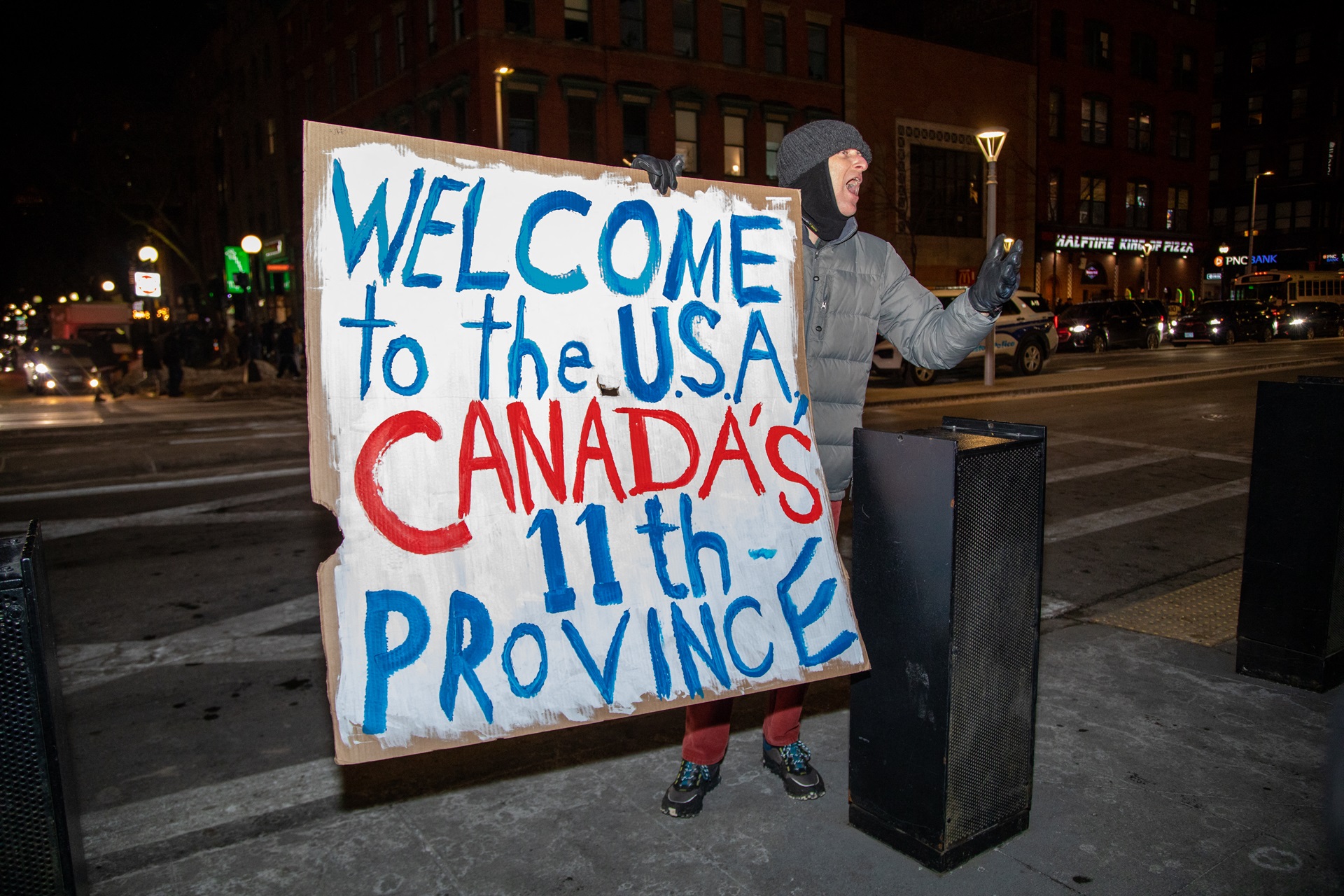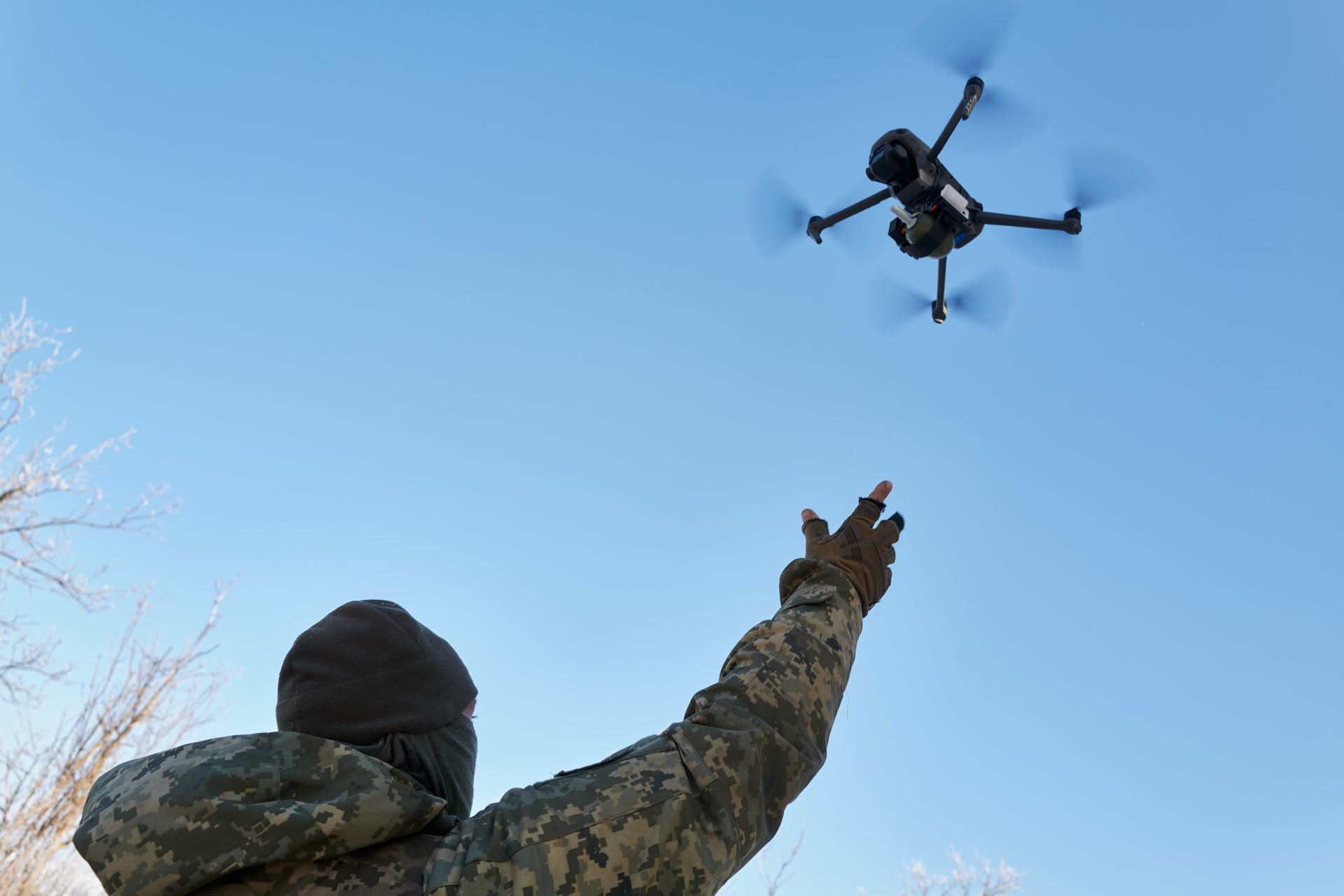Finland and Sweden to join NATO and Biden to increase US troops in Europe
NATO has officially invited Sweden and Finland to become members of the military alliance, a press release published by the NATO summit in Madrid on Wednesday said.
"The accession of Finland and Sweden will make them (the allies) safer, NATO stronger and the Euro-Atlantic area more secure," the statement said, adding that the alliance also agreed a new strategic concept.
President Joe Biden announced the deployment of United States military reinforcements across Europe in an effort to counter Russia amid its invasion of Ukraine.
In the NATO annual leaders summit, Biden said “the Untied States will enhance our force posture in Europe and respond to the changing security environment as well as strengthening our collective security”.
The president said the US is establishing a permanent army headquarters in Poland, sending two additional F-35 fighter jet squadrons to the United Kingdom, and adding “more defence and other capabilities” in Germany and Italy.
Image: Stephen Leonardi/Unsplash
Biden also said he is adding a “rotational brigade” in Romania, consisting of 5,000 troops, and enhancing rotational deployments in Baltic countries, as well as boosting its fleet of naval destroyers from four to six in Rota, Spain.
The press release on NATO summit also described Russia as the "most significant and direct threat to the allies' security", a reaction to the massively deteriorated relationship to Russia since its invasion of Ukraine.
Putin has issued fresh warnings that Russia will respond in kind if NATO sets up military infrastructure in Finland and Sweden after they join the US-led alliance.
Russia has repeatedly warned Finland and Sweden against joining NATO, saying the “serious military and political consequences” of such a move would oblige it to “restore military balance” by strengthening its defences in the Baltic Sea region, including by deploying nuclear weapons.
“We condemn the irresponsible course of the North Atlantic Alliance that is ruining the European architecture, or what’s left of it,” Russian deputy foreign minister Sergei Ryabkov told reporters on Wednesday.
Konstantin Kosachev, a member of Russia’s Federation Council, said that the accession of Finland and Sweden into NATO will “certainly mean a worsening of relations between these two countries and Russia”. He noted that Finland and Russia share a long land border, while Russia and Sweden have shared interests in the Baltic and Barents Sea areas.
The accession of the two countries into NATO would mean the end of a decades-long status quo that saw Finland, in particular, maintain a degree of neutrality during the cold war in order to avoid a direct confrontation with the Soviet Union.
In the week before the decision, Russia’s foreign ministry announced that it would cut ties with a Finnish NGO and banned two Swedish organisations. In a statement, the ministry accused the organisations of “focusing on efforts to destabilise Russian society”.
Tensions have risen between Russia and countries in the Baltic region, which are members of NATO, raising concerns of a direct clash between Moscow and members of the security alliance.
Vladimir Dzhabarov, a senior lawmaker, told a Russian radio station on Wednesday that a blockade of Russia’s Kaliningrad region could lead to an “armed conflict” with Lithuania. “If we feel that this security is being violated and it threatens us with the loss of our territory, of course, we will take extreme measures and nothing will stop us”, he said.
Russian officials have disregarded arguments that they are to blame for the NATO enlargement prompted by the invasion, as well as NATO’s decision to deploy additional combat forces.
“In the end, Finland and Sweden will delegate some of their foreign political and defence sovereignty to Washington and other so-called senior NATO partners,” said Sergei Ryabkov, Russian Deputy Minister of Foreign Affairs, calling it a “cover” for the alliance’s “aggressive intentions” toward Russia.
“A new strategic concept will be adopted, and Russia will be designated as a threat to the alliance. This has nothing to do with real life; it’s the alliance that poses a threat to us”, said Ryabkov.
More for you
Top Stories





















